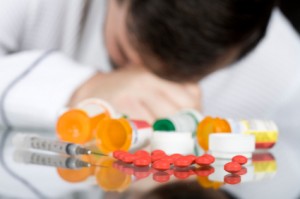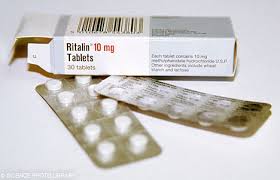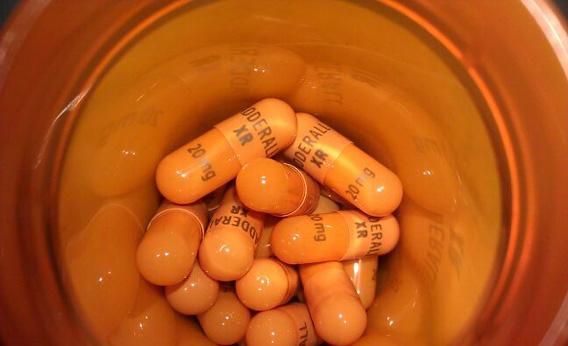Meth Addiction Signs You Shouldn’t Ignore
The almost common presence of meth in society has made it easy for addicts and casual users of the drug to be identified and treated. However, not all meth addiction signs are universally known or acknowledged, leaving many severe symptoms to go untreated.
If you see any of these meth addiction signs in yourself or a loved one, please call 800-605-6597 Who Answers? to learn more about what treatment options are available.
Cognitive Changes
All drugs have can cause some level of change on the brain’s chemical structure, the Drug Enforcement Agency says, but the damage caused by meth can compromise the brain’s function as well.
Many users of meth present signs of cognitive change, such as memory loss, a decrease in motor skills, and verbal difficulty.
The damage can be reversed or repaired during the treatment process, but may be semi-permanent in severe cases. Some of these cognitive changes caused by meth can by misidentified as the signs of a neurological condition, which may lead to the administering of the incorrect treatment.
Decreased Appetite

The unexplainable urge to scratch your skin is a sign of meth addiction.
Changes in appetite is a common meth addiction sign, but it often goes unnoticed. Eating less than normal may be mistaken as a form of dieting by some, but is usually a result of a decreased appetite. The reason why this is usually considered to be a severe sign is that many users also experience unexplainable surges of energy.
As a result, they will often be much more physically active in an effort to use up their excess energy. According to the National Institute on Drug Addiction, this combination of loss of appetite and increased physical activity can cause rapid and dangerous weight loss.
The body will usually begin breaking down fat and tissue to replace lost energy if there isn’t enough energy provided by a person’s food intake. In treatment, patients will be able to regain their appetites and the weight lost in a health manner.
Itching and Scratching
Many meth users will develop an unexplainable urge to scratch and pick at their skin. It is often attributed to the effect on the body’s central nervous system caused by meth’s chemical and molecular changes on the brain.
The nerves will incorrectly communicate to the brain that there is an itch and the person will often scratch until they bleed, developing sores that are given little time to heal before being scratched at again. Many users will also scratch due to formication, which is when it feels as if insects are crawling on or beneath a person’s skin.
The frequent scratching and sores almost always puts the person at an increased risk for infection, which can further complicate matters. Again, treatment will allow reversal and any sores or wounds from scratching will be allowed to safely heal.
Cardiovascular Changes
As a stimulant, meth will often cause an increase in normal cardiac function. Heart rates in meth users are often rapid or irregular and their blood pressure is often higher than normal. These increases are usually fine for short lengths of time—heart rate and blood pressure usually increase with activity—but meth often prolongs these symptoms to the point where heart failure is possible.
In cases where changes in cardiac function has gone unnoticed or ignored in heavy meth users for long lengths of time, heart attack, stroke, and/or death are common results. While it will take time, cardiac functions should return to the normal range with treatment and monitoring.
If you or a loved one is struggling with addiction, please call 800-605-6597 Who Answers? to learn about what options are available. You’ll be able to speak with one of our caring specialists to learn more information about treating addiction.



